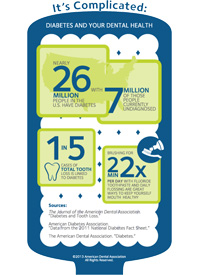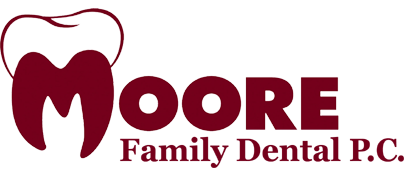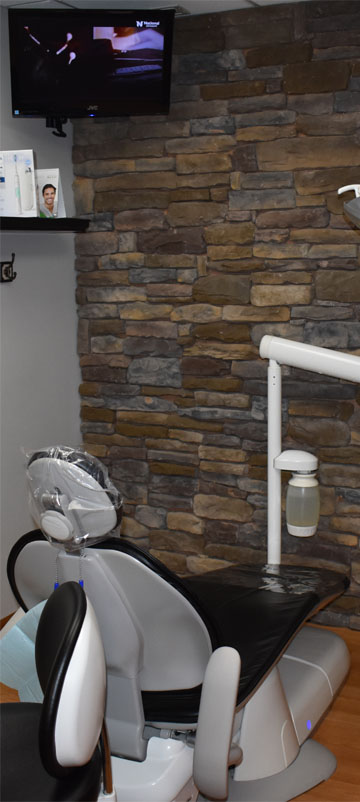 Diabetes is a chronic disease which affects your body’s ability to process sugar. If you have diabetes, you are at greater risk of developing some oral health problems. The most common oral health problems associated with diabetes are:
Diabetes is a chronic disease which affects your body’s ability to process sugar. If you have diabetes, you are at greater risk of developing some oral health problems. The most common oral health problems associated with diabetes are:
Gum disease. Recent research suggests that the connection between gum disease and diabetes goes both ways. On the one hand, because of lowered resistance and a longer healing process, gum disease appears to be more frequent and more severe among those with diabetes. Conversely, it appears that treating gum disease in people with diabetes can help improve blood sugar control.
Fungal infections. Since diabetes compromises your immune system, you may be prone to developing fungal infections. Symptoms include painful sores and difficulty swallowing. If you develop a fungal infection, see your dentist.
Infection and delayed healing. If you are having extensive oral surgery, your dentist may prescribe antibiotics to minimize the risk of infection. To help the healing process, keep your blood glucose levels under control before, during and after surgery.
Manage Your ABCs from the National Diabetes Education Program
Control your blood sugar, blood pressure, and cholesterol—also known as the ABCs of diabetes—to take care of your teeth and your overall health. Teach your family about your diabetes and the ABCs so they can help you, too.
A is for A1C: The goal set for many people is less than 7 percent for this blood test, but your doctor might set different goals for you.
B is for Blood pressure: High blood pressure causes heart disease. The goal is less than 140/80 mmHg for most people, but your doctor might set different goals for you.
C is for Cholesterol: LDL or “bad” cholesterol builds up and clogs your blood vessels. HDL or “good” cholesterol helps remove the “bad” cholesterol from your blood vessels. Ask what your cholesterol numbers should be.
Don’t smoke: Call 1-800-QUIT-NOW (1-800-784-8669) for support.
Good oral hygiene habits, including professional cleanings at the dental office, are important if you are to control the progression of gum disease and other oral health problems. Regular dental checkups and periodontal screenings are important for evaluating overall dental health and for treating dental problems in their initial stages. Your dentist may recommend more frequent evaluations and preventive procedures, such as teeth cleaning, to maintain good oral health.



